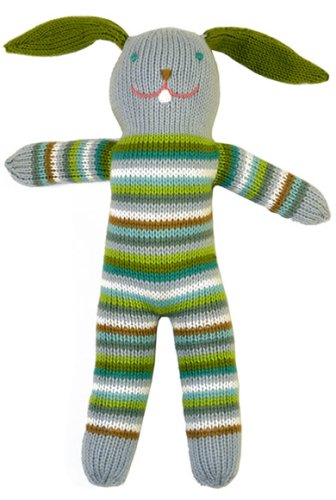
By Jackie B-F
“What’s that scar on your neck?” I wasn’t even 20-minutes into the first day of orientation for my Master’s program and my scar had already been noticed. I have been debating the whole summer about how to disclose my cancer at my new school. I am proud of my diagnosis and I am happy to talk about my experiences with cancer, but I didn’t want cancer to be my first introduction to students and faculty. I’ve thought about some ways I can disclose my cancer at school:
I can choose to only tell some of truth. When asked about my scar at orientation, I was caught off guard and told the student about my cancer diagnosis. However, there are other ways to disclose my medical conditions that don’t involve the “C-word.” I could have said, “I had surgery” and left the conversation at that.
A wardrobe change might also be in order. I’ve accumulated a lot of cancer shirts and bracelets since being diagnosed, and I wear them proudly! However, I’ve chosen to set them aside for at least the first few weeks of school. That way I can disclose my diagnosis in a more organic way and not because my shirt says so.
I may not want to disclose to everyone at school, but letting my professors know can be very helpful. If I end up missing a lot of class, they deserve to know why, and some professors may be willing to help me catch up during their office hours. Professors are often supportive and can be a good advocate. I’ll probably let my professors know within the first few weeks of classes.
Ultimately, I have to do what feels right for me, and remember that I was accepted into school for my smarts – not my cancer.
We are asked to disclose our cancer in a variety of settings. How do you choose who to tell and who not to tell? Have you ever had to make up excuses on the spot to cover up your cancer?
![]()
![]()



 “Everything Changes is, without doubt, the most forthright, emotionally sophisticated, and plain-old valuable book of its kind I've seen.”
“Everything Changes is, without doubt, the most forthright, emotionally sophisticated, and plain-old valuable book of its kind I've seen.”












